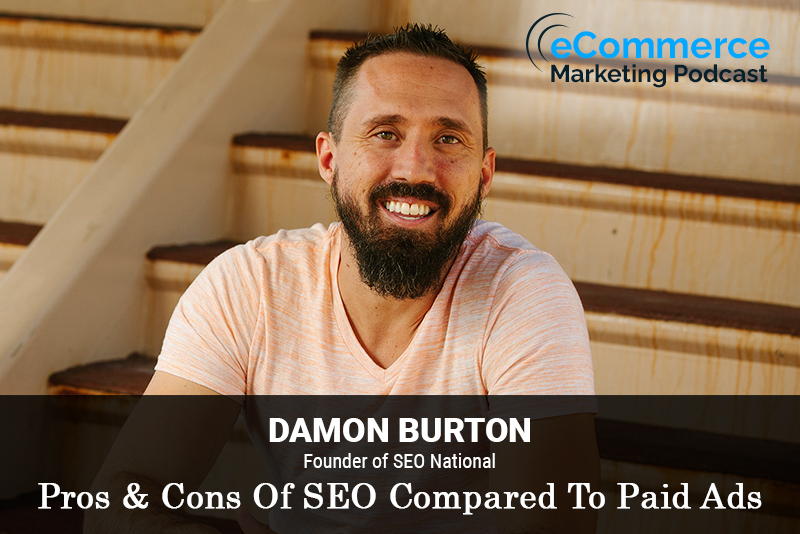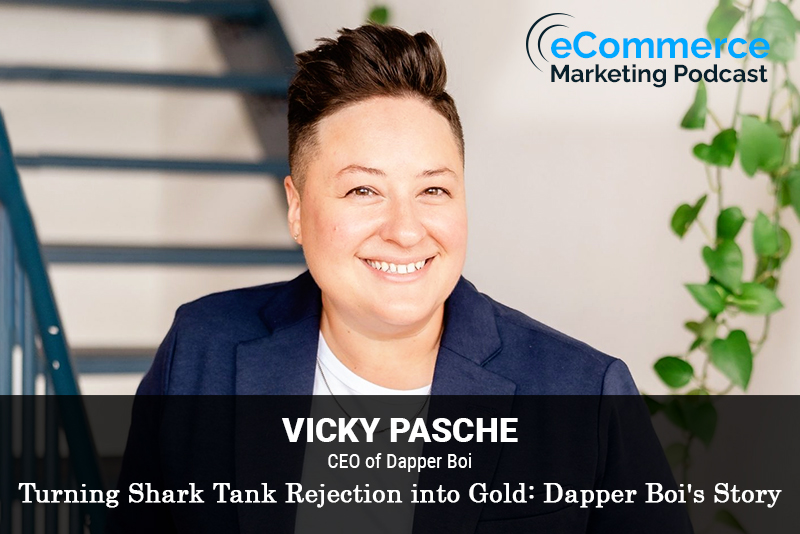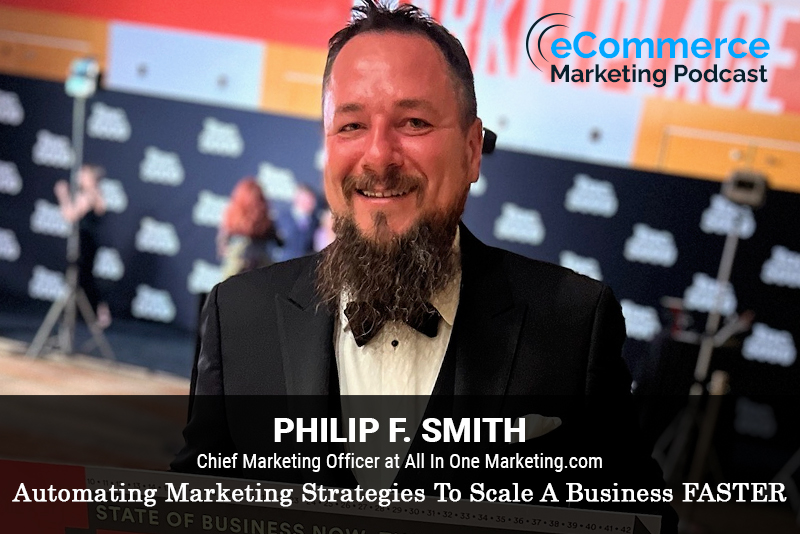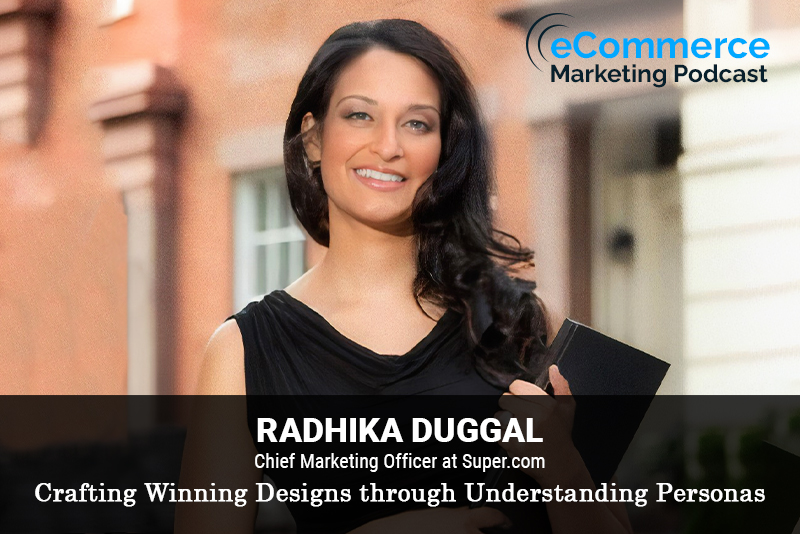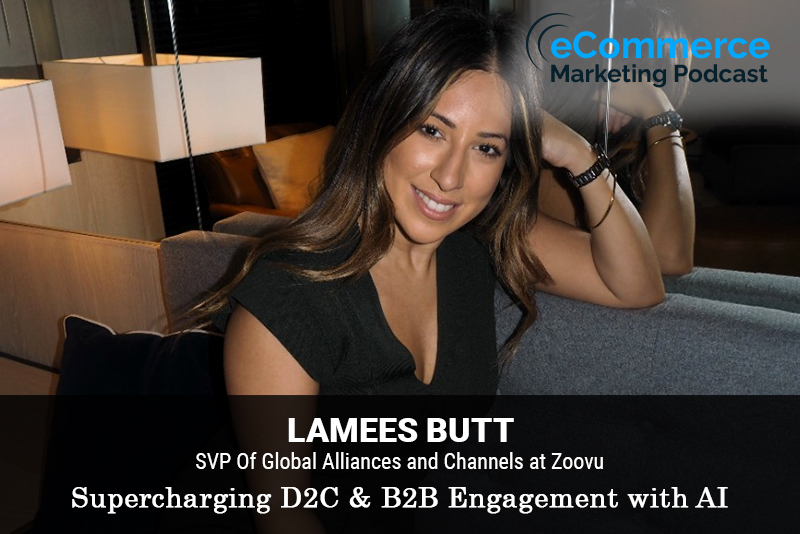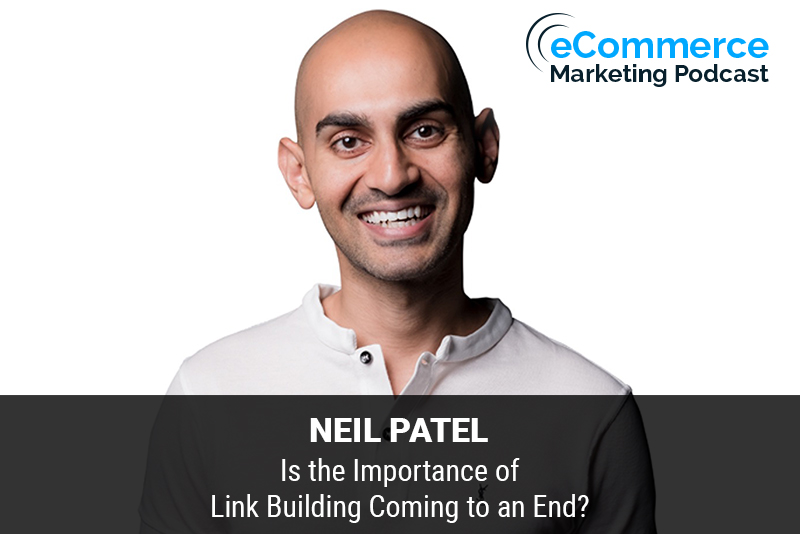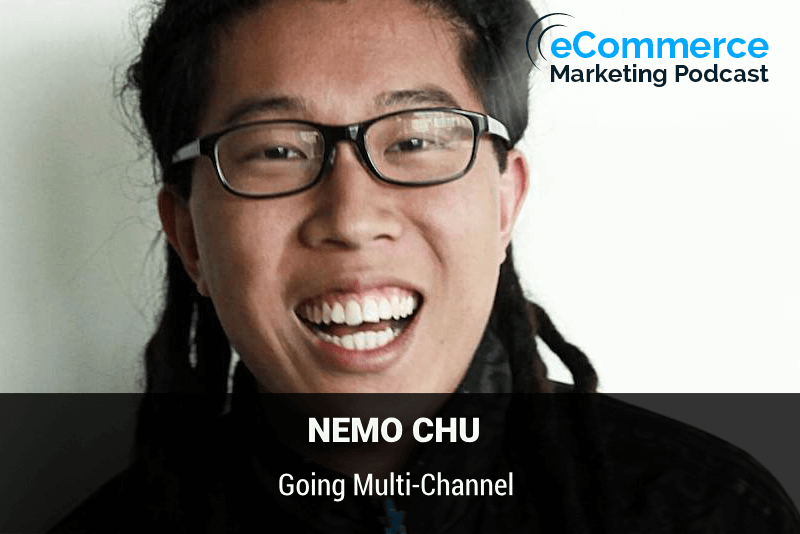
The eCommerce Marketing Podcast walks you through everything that goes into ecommerce marketing — from inbound marketing to paid advertising to conversions. Learn the strategies top marketing experts use to grow their businesses.
Marketing Strategies Revealed in this Episode:
- How can a brand successfully juggle paid PPC campaigns with attempting to rank organically for relevant keywords?
- What is the first thing an ecommerce site should do when looking to improve its organic listings?
- What are some must have tools and resources to have when looking to do SEO?
- Creating relevant and searchable content
- The future of where SEO is headed within the next 5 years

Episode Title: Mastering SEO for eCommerce Success with Damon Burton
Host: Arlen Robinson
Guest: Damon Burton, Founder and CEO of SEO National
In this episode of the eCommerce Marketing Podcast, host Arlen Robinson chats with Damon Burton, an SEO expert and the founder of SEO National. Damon shares his journey from beating a billion-dollar company in Google rankings to building a successful international search engine marketing company. They discuss the importance of SEO for businesses, how to balance paid ads and organic rankings, and practical steps for improving your website’s SEO.
Key Takeaways:
- Introduction to Damon Burton (00:15)
- Damon’s background, his start in SEO, and the founding of SEO National.
- Paid Ads vs. SEO (07:00)
- Comparison of the advantages and disadvantages of paid ads and SEO, and when to use each.
- Improving Site Structure and Page Speed (15:00)
- Use tools like GTmetrix and Google PageSpeed Insights to identify and fix site speed issues.
- Content Creation for SEO (20:00)
- Focus on creating valuable content that showcases your expertise and aligns with your voice.
- Keyword Research and Competitor Analysis (25:30)
- Use tools like Answer the Public and Google Keyword Planner to identify target keywords and analyze competition.
- Staying Focused on SEO Fundamentals (35:00)
- Emphasize user experience, good content, and external credibility to maintain long-term SEO success.
Damon Burton is the Founder and CEO of SEO National, a company specializing in search engine marketing.
Contact Damon Burton:
- LinkedIn: Damon Burton on LinkedIn
- Free SEO Book: freeseobook.com
- Free SEO Workshop: damonburton.com/workshop

